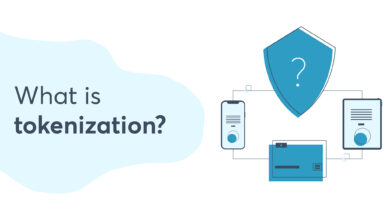What is KYC?

Know Your Client (KYC), a rule in the investment industry, ensures that advisors can verify a client’s identity and that they are aware of their client’s financial condition and investment knowledge.
Customer Due Diligence (CDD), Customer Identification Program (CIP), and Ongoing Monitoring or Enhanced Due Diligence (EDD) of a Customer’s Account Once It Is Established are Three Components of KYC under the USA Patriot Act.
- Financial services and investment sectors utilize Know Your Client (KYC) requirements to recognize clients and comprehend their risk and financial profiles.
- The three components of KYC are customer identification program (CIP), customer due diligence (CDD), and enhanced due diligence (EDD).
- Before opening an investing or banking account, each new customer must submit detailed financial information to the SEC.
Understanding Know Your Client (KYC)
The Know Your Client (KYC) rule is a moral requirement for anyone in the securities industry who deal with clients while opening and maintaining accounts.
The vital personal profile of each client is created at the beginning of the customer-broker relationship before any financial advice is given. The customer is also made aware of the necessity to abide by all laws, rules, and standards governing the securities company.
KYC Compliance
The Financial Industry Regulatory Authority (FINRA) has two rules controlling KYC: FINRA Rule 2090 (Know Your Customer) and FINRA Rule 2111. (Suitability).
FINRA Rule 2090 requires every broker-dealer to exercise reasonable care in the opening and maintenance of customer accounts. They must also be aware of each customer’s profile, maintain records of it, and identify anyone with the legal authority to act on that customer’s behalf.
According to FINRA Rule 2111, a broker-dealer must have a reasonable judgement that a recommendation is suitable for a client based on the client’s financial situation and needs.
This regulation assumes that the broker-dealer has studied the client’s current facts and profile, including the client’s other securities and investments, before buying, selling, or exchanging a security on the client’s behalf.
KYC and Cryptocurrency
For providing an anonymous, decentralized form of exchange, the bitcoin market deserves praise. These benefits do, however, present challenges in the fight against money laundering.
Regulating bodies are looking for ways to implement KYC on cryptocurrency exchanges since criminals use them to launder money. Many cryptocurrency platforms have implemented KYC procedures to conform to financial institutions’ criteria for client verification even if they are not yet essential.
Transactions are made possible via exchanges that convert between fiat currency and cryptocurrencies. Most of these exchanges use some type of KYC because fiat currency is used as a nation’s official means of exchange, and banking institutions would have screened customers in compliance with KYC regulations.
In the early years of 2021, FinCEN recommended that participants in the bitcoin and digital asset markets submit, store, and verify consumer IDs. In accordance with this proposal, some cryptocurrencies would be classified as financial instruments and be governed by KYC laws.





